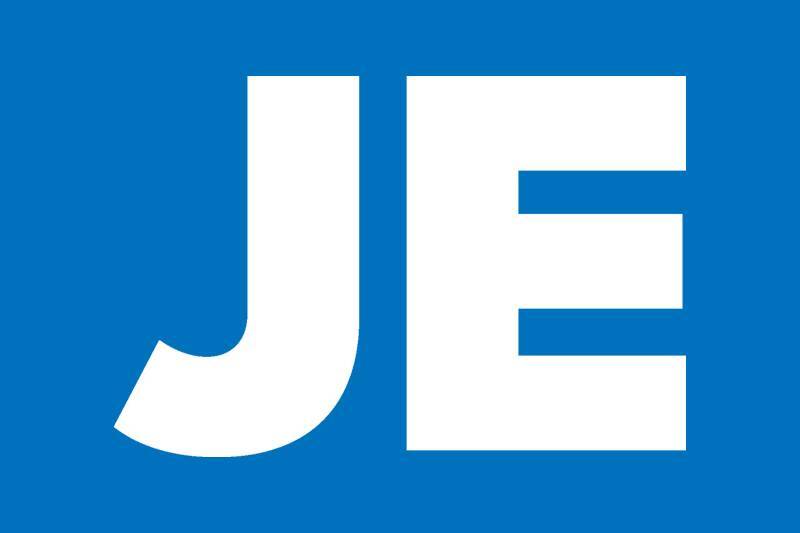Breaking Barriers: Why Religious Charter Schools Could Revolutionize Education

Religious Charter Schools: Navigating a Shifting Educational Landscape
The intersection of religion and public education in the United States is undergoing a profound transformation, driven by recent Supreme Court decisions that are challenging long-standing boundaries between church and state. As the legal landscape evolves, religious charter schools are emerging as a potentially groundbreaking frontier in educational policy.
Traditionally, the separation of church and state has been a cornerstone of public education, preventing religious institutions from directly managing publicly funded schools. However, recent Supreme Court rulings have begun to erode these strict boundaries, suggesting a more nuanced approach to religious participation in public education.
Key legal decisions have increasingly recognized the rights of religious organizations to access public funding and educational platforms. These landmark rulings are creating unprecedented opportunities for faith-based educational models that could fundamentally reshape how we understand public schooling.
The potential emergence of religious charter schools represents more than just a legal shift—it's a complex social experiment that raises critical questions about educational equity, religious freedom, and the role of public institutions in supporting diverse learning environments.
As communities and policymakers grapple with these evolving dynamics, the conversation around religious charter schools continues to be both fascinating and contentious. The coming years will likely see significant developments that could redefine educational opportunities for thousands of students across the nation.
